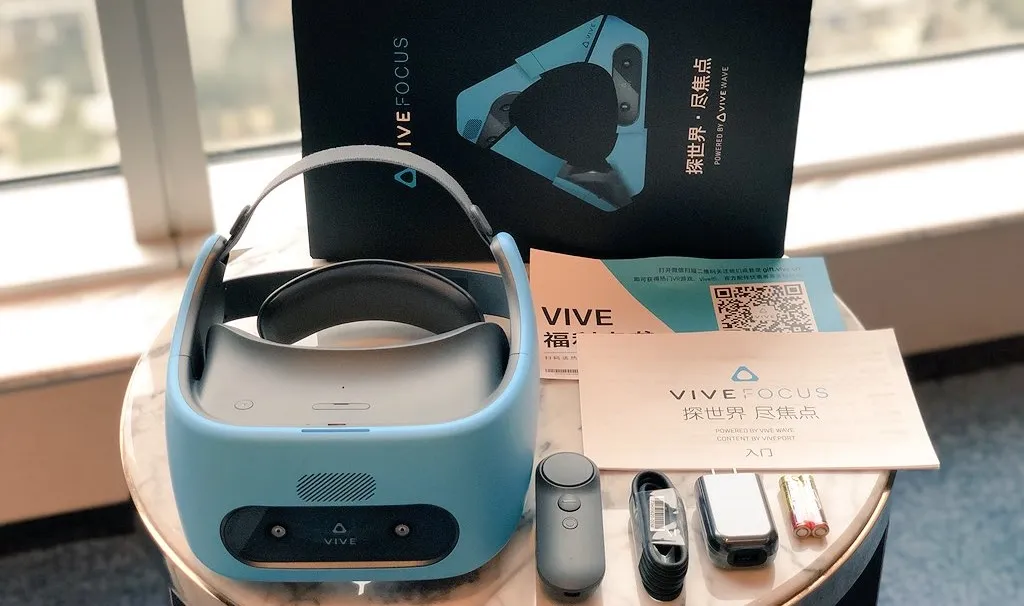It’s no secret that the first generation of major VR headsets hasn’t performed as well as many analytics companies were hoping, but HTC is betting that its new Vive Focus headset and others like it will mark a turning point for the industry.
Speaking to Mobile World Live at Mobile World Congress China last week, Vive China boss Alvin Wang Graylin explained why the first generation of VR tech didn’t go as some predicted. “I think when HTC first introduced [the HTC Vive], and Oculus [launched the Oculus Rift], back in 2016, it was probably overhyped,” Graylin said. “And because of that, 2017 there was a little bit of a let down because a lot of the growth people had expected from that hype didn’t happen.
“But, 2018 and beyond, it’s coming to, I guess, a new trajectory. Because all of the devices have now gone to second generation and there’s products like this that I’m holding in my hand.” He then gestured to the Focus in his hand, explaining that the standalone headset, which doesn’t require any additional hardware to run, allowed users to experience “premium VR” that lets them walk around an entire space.
“The friction that used to be around getting into VR goes away,” Graylin continued, “because in a few seconds you put this on and you’re in a new world or you’re underwater or you’re in space and you’re traveling with your family who’s somewhere else in the world. That’s the kind of stuff that just gets people excited.”
As for first generation VR? Graylin suggests that there was just too much hassle involved for it to ever properly take off: “It was hard to explain before because people had to go and buy a big PC and set up a lot of wires, so nobody did it. Now, it’s so easy to get this and people can just bring it home and try it and be in it right away. That’s going to change the whole game completely.”
Vive Focus is only available in China right now, but should be releasing across the globe later this year. As for PC-based VR, HTC recently released an upgraded headset named the Vive Pro.


























